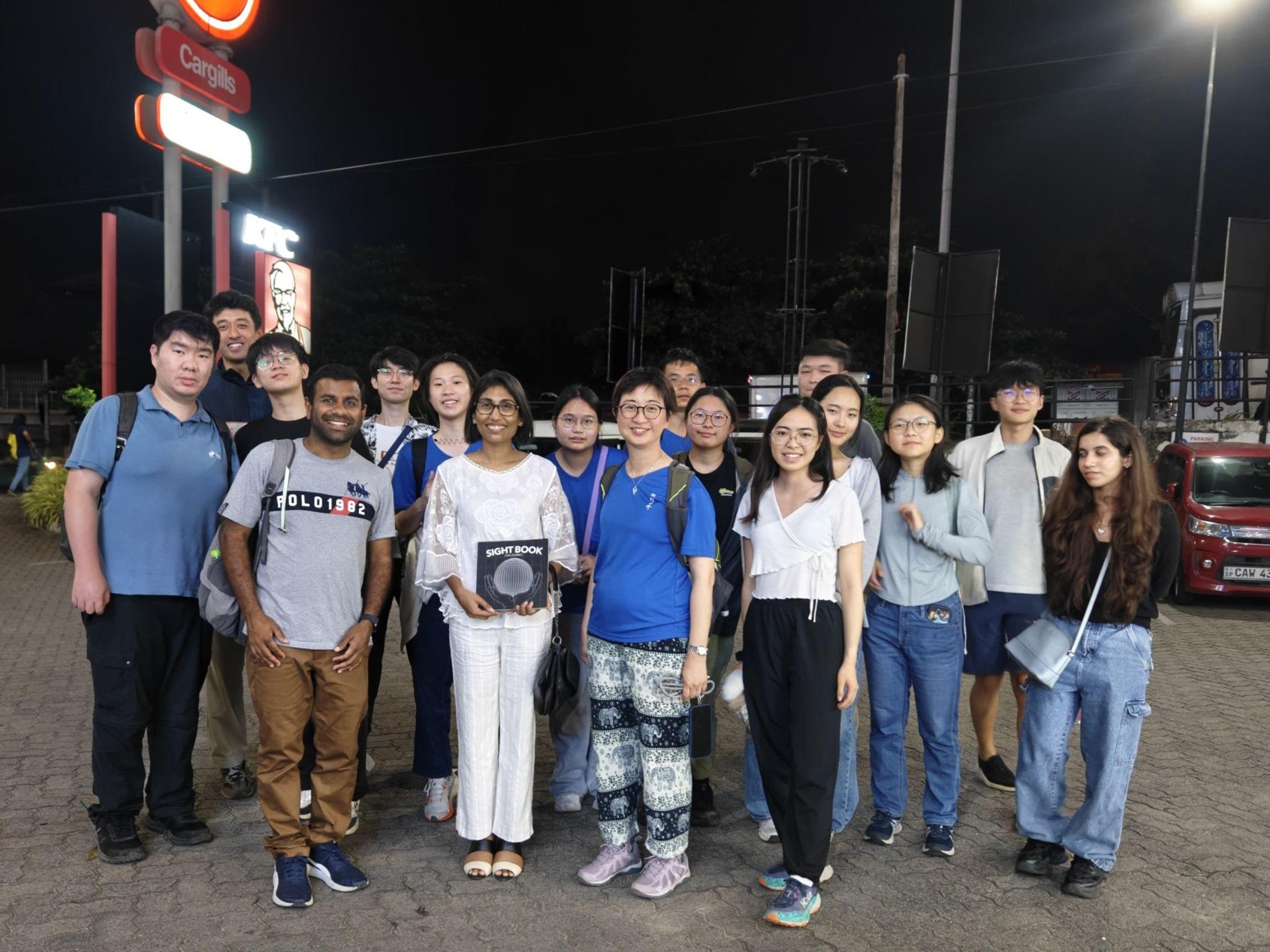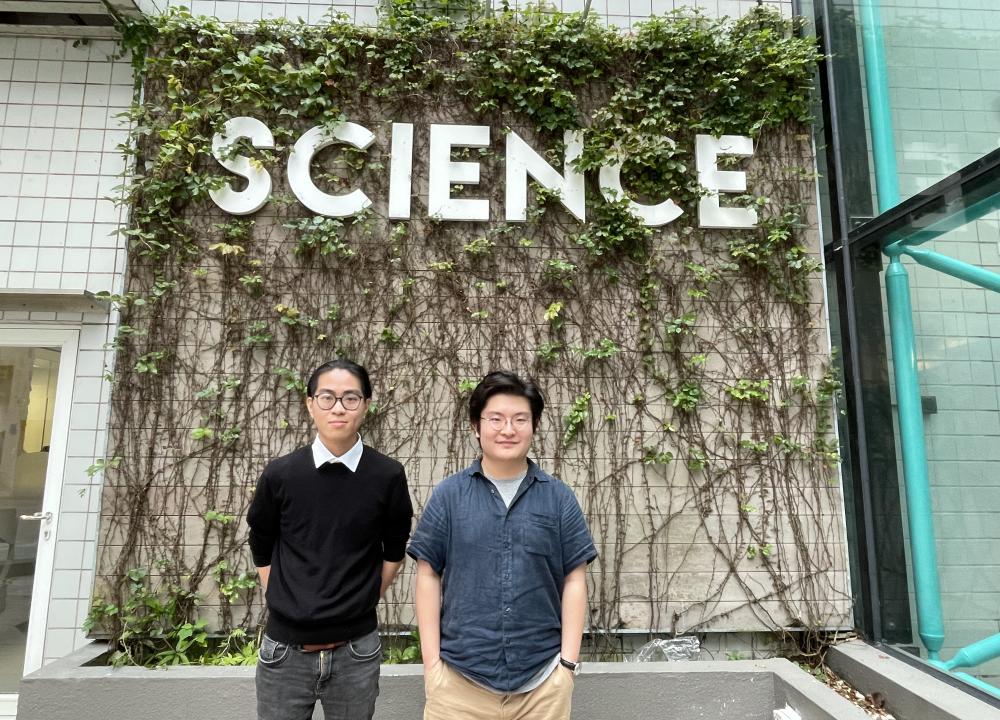Bridging Global Health Gaps: HKUST Student Initiatives Breathe New Life into Sri Lanka’s Healthcare
Nestled amidst the majestic mountains and verdant tea plantations of Haputale, a town perched high in Sri Lanka’s highlands, the invigorating scent of foliage enveloped a group of undergraduate students from The Hong Kong University of Science and Technology (HKUST), rejuvenating their spirits.
Captivated by the breathtaking landscapes, the students trekked up the hills, laden with backpacks and equipment, until they reached a local community. This marked the beginning of their transformative journey: introducing telemedicine to the remote communities in Sri Lanka's mountainous regions.
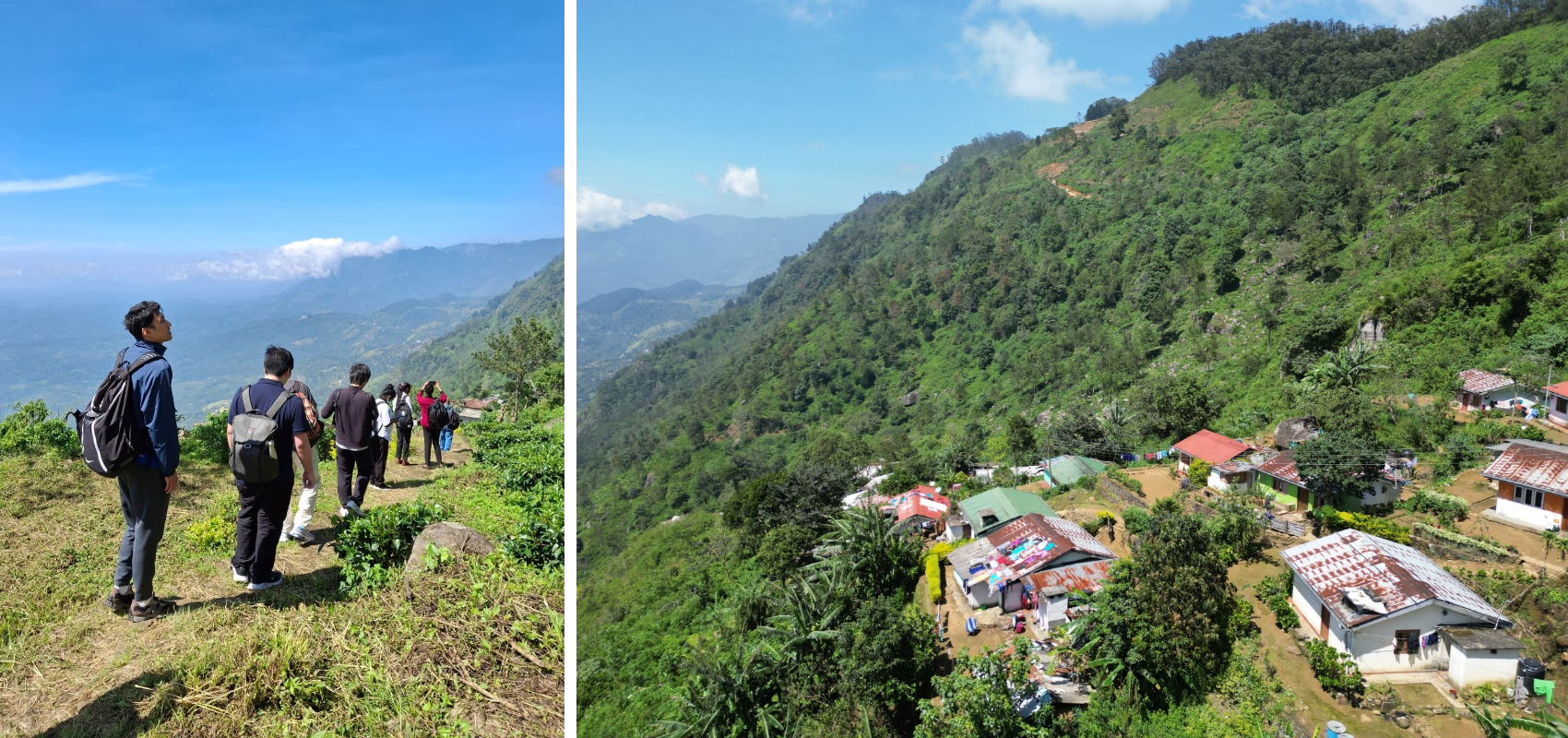
Telemedicine Impacts Lives of Remote Villages
At the helm of this telemedicine initiative was Wesley CHAN, a first-year student majoring in biochemistry and cell biology at HKUST. “In these mountains, inadequate transportation infrastructure significantly restricts villagers’ access to medical facilities,” Wesley explained. “It often requires them to traverse rugged paths for over an hour just to reach the nearest clinic, deterring many from seeking essential medical care,” he added.
Wesley’s telemedicine project originated from HKUST’s Student Innovation for Global Health Technology (SIGHT) program, which encourages students to tackle global health challenges through design thinking. Thanks to the extensive networks cultivated by the SIGHT program, Wesley established connections with Sri Lankan institutions in September 2024 and developed a telemedicine initiative to improve healthcare for patients in remote areas.

“Chronic health issues such as diabetes, hypertension, and malnutrition are prevalent in Haputale, necessitating regular health monitoring for the patients,” Wesley noted.
Upon arrival in the village, the student team quickly realized that the challenges of digitizing medical procedures were more formidable than they had anticipated. “The first hurdle we faced was unreliable internet connectivity. We ended up purchasing antennas and equipment from the local market, carrying them along the bumpy roads by hand, and walking for over an hour back to the village,” he recalled with a wry smile.
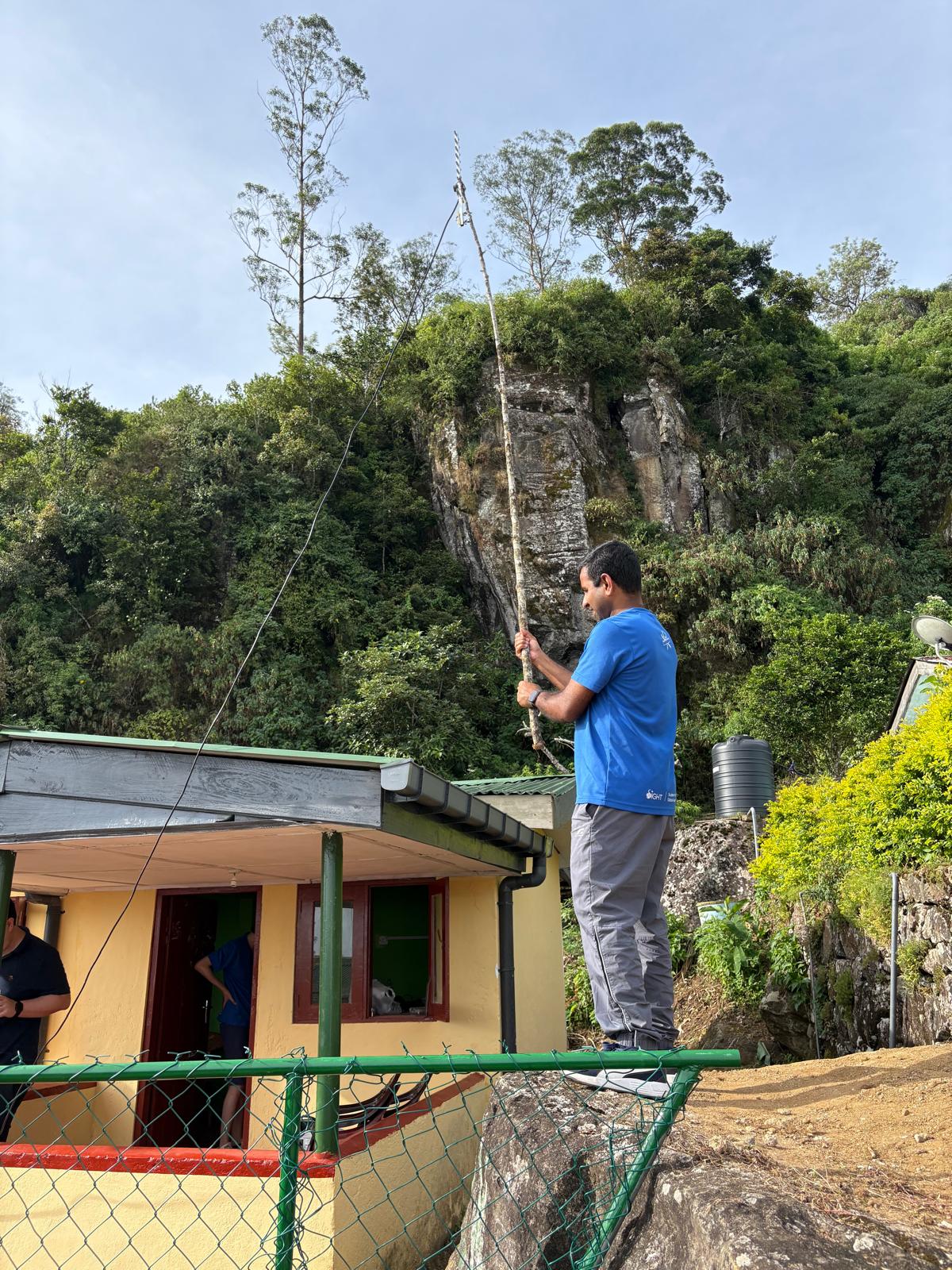
Establishing a reliable network paved the way for leveraging the online medical system Wesley’s team developed. The system digitizes the medical records of local patients, enabling doctors to review them remotely and attend to patients via video calls.
“However, the scarcity of hardware was another obstacle. We are grateful to the HKUST Sustainability Office for providing us with two sets of computers and printers, as local pharmacies require a printed prescription to dispense medicine,” Wesley added.
After several weeks of practice, the village nurses started operating the system independently. “Initially, the village nurses were unfamiliar with technology, and we had to shift their mindset and encourage them to embrace these digital tools,” Wesley stated. “Ongoing education will be essential to sustain these digitized medical procedures, and I hope that our success will inspire other villages to roll out their telemedicine projects,” he expressed with optimism.
Education to Instigate Change Among the Youth
Education is what Natalie HO, a second-year student majoring in civil and environmental engineering, sees as fundamental for raising awareness about clean drinking water in Sri Lanka. Her team traveled to a village in the Pallewela district, aiming to educate students about drinking water safety through a card game she designed.
“Research showed that the local water quality was unsatisfactory, and more than half of the local villagers would drink unboiled water, posing health risks like diarrhea and even renal failure,” she explained.
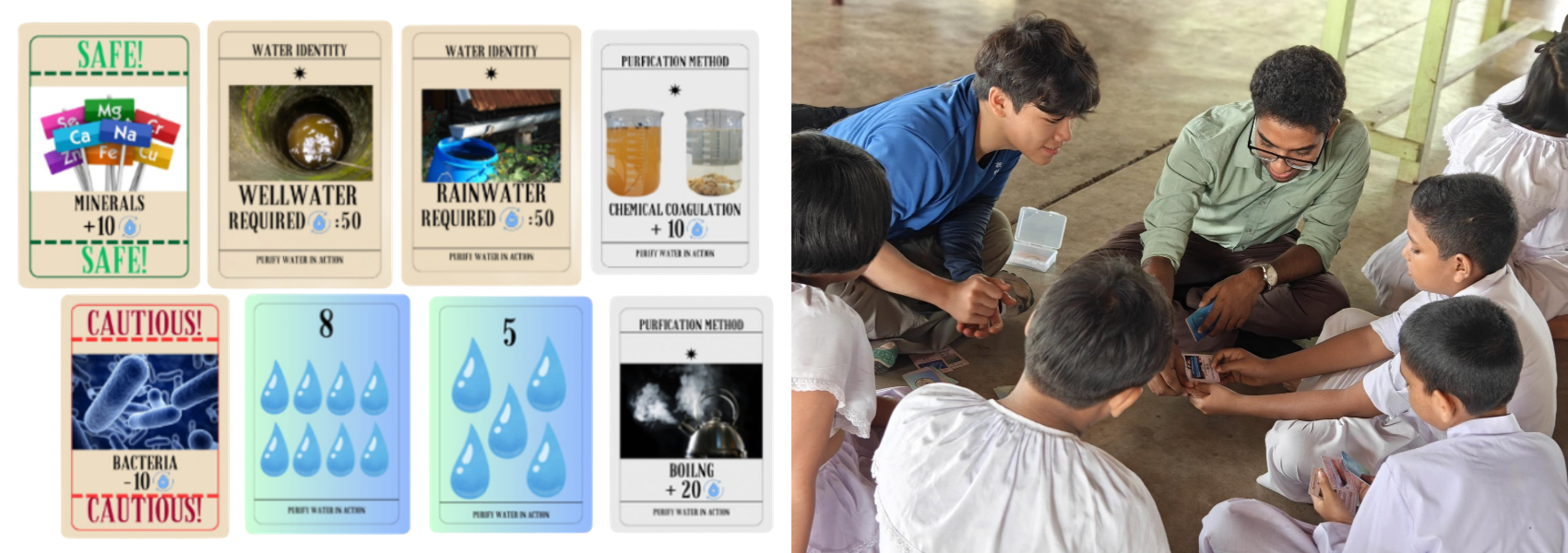
In collaboration with local medical students, primary schools, and temples—leveraging the opportunity of weekend worship—Natalie’s team held workshops to engage with local families. “Our card game is infused with water safety knowledge to instill a habit of boiling drinking water in children and parents, complemented by experiments using the microscopes we brought from HKUST to visualize bacteria levels in unboiled water,” Natalie continued.
The weeks-long interaction fostered precious friendships between Natalie’s team and local students. “During one class, we celebrated a local student’s birthday and sang the birthday song together. I felt it was a unique moment when we truly overcame all the cultural and language barriers and united as one big family,” Natalie fondly recalled the sweet memories of her Sri Lanka trip.
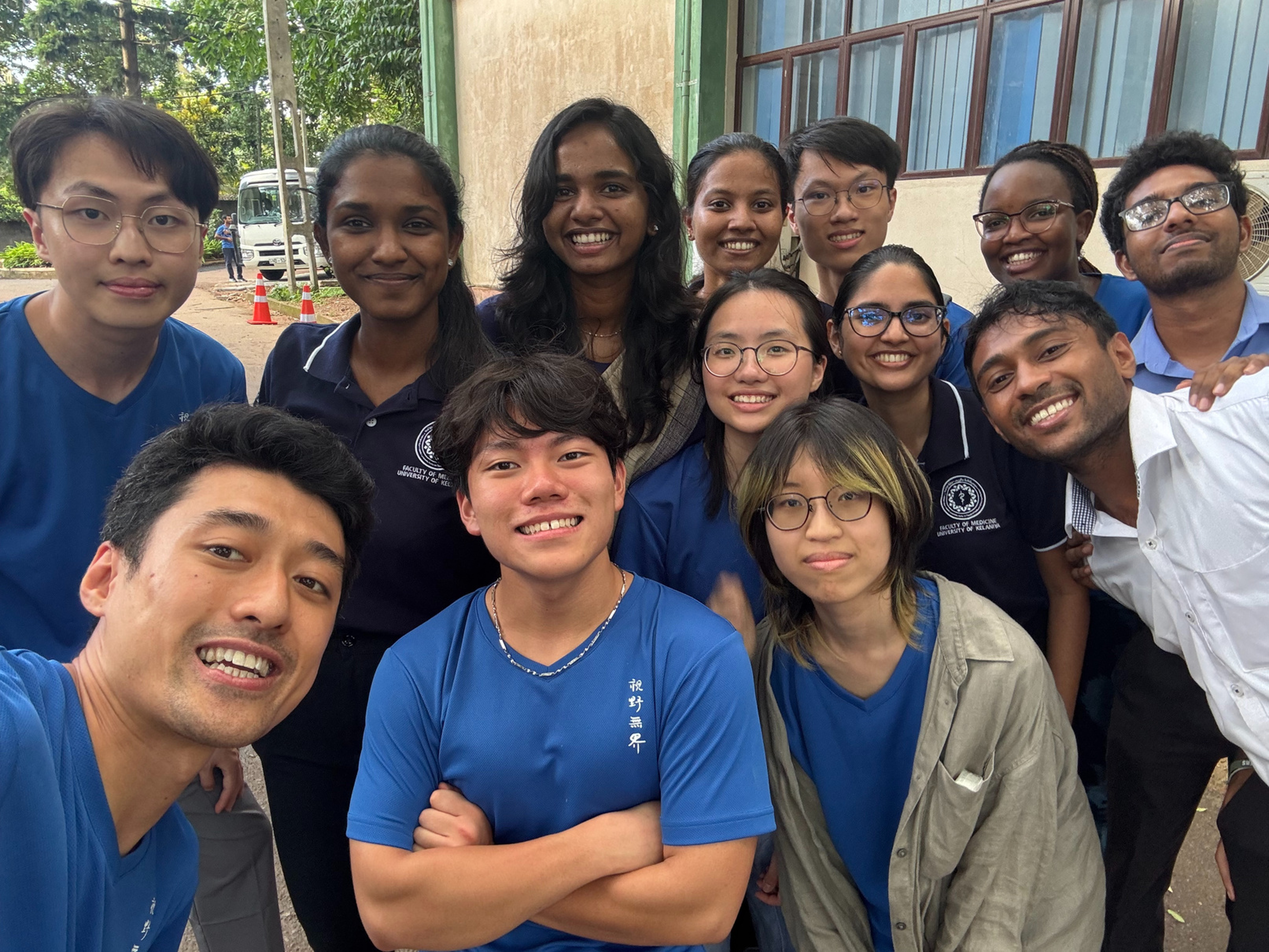
Setting SIGHT on Enhancing Global Healthcare
The SIGHT program was founded by Professor CHAU Ying from HKUST’s Department of Chemical and Biological Engineering in 2014. Witnessing the growth of students like Wesley and Natalie through their initiatives, Prof. Chau aims to inspire more students participating to narrow the global health gap through technology. “In Wesley’s telemedicine project, for example, it could benefit patients instantly, alleviating the need to build a hospital that can take years to complete,” she remarked.
For the students, their achievements have not only benefited the underprivileged but have also left a lasting impact on their own lives. For example, the telemedicine project has steered Wesley toward a new learning goal, inspiring him to harness coding and data management to transform lives. “As a biochemistry student, I never thought about changing others’ lives through programming. Now I have started to ponder how I can further transform lives through it,” he said, his eyes gleaming with passion.
